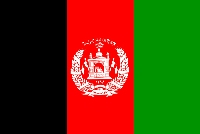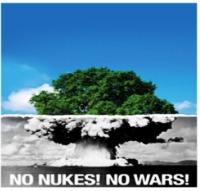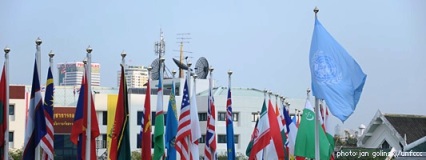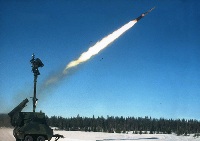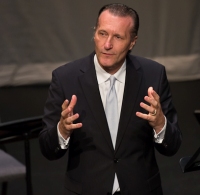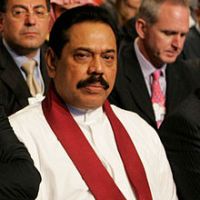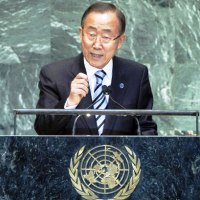By Jamshed Baruah
IDN-InDepth NewsAnalyis
VIENNA (IDN) – Since the then Indian Prime Minister Jawaharlal Nehru called for a “standstill agreement” on nuclear testing on April 2, 1954, 183 out of 196 states around the world have signed the Comprehensive Nuclear Test-Ban Treaty (CTBT) that bans atomic explosions by everyone, everywhere: on the Earth’s surface, in the atmosphere, underwater and underground.
157 countries including three of the nuclear weapon States – France, Russia and Britain – have ratified the treaty. But before the CTBT can enter into force, 44 specific nuclear technology holder countries must sign and ratify it. Of these, eight are still missing: China, Egypt, India, Iran, Israel, North Korea, Pakistan and the USA. In fact, India, North Korea and Pakistan have yet to sign the treaty.

